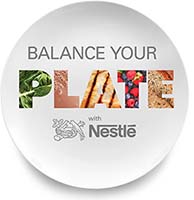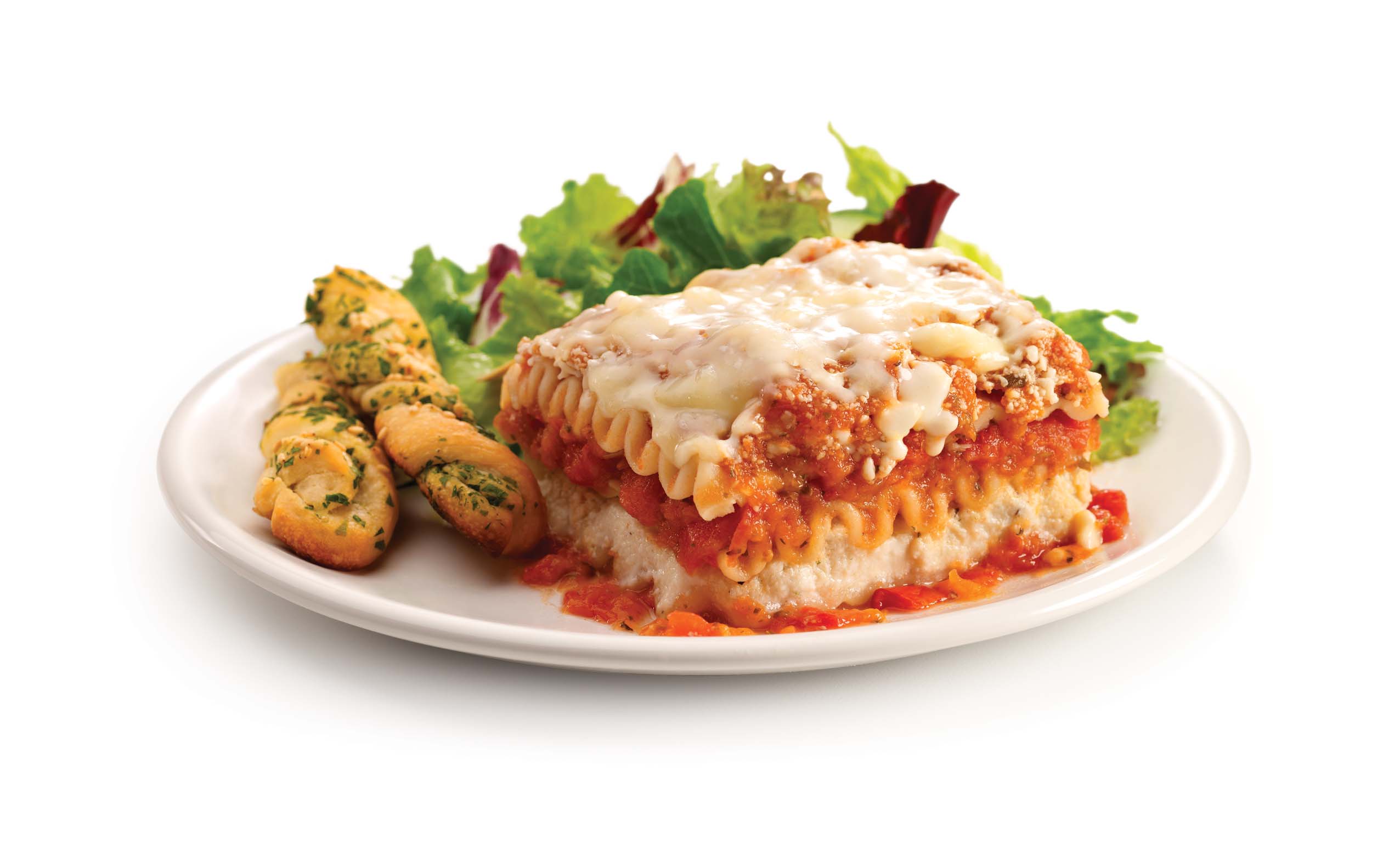Contacts:
Roz O’Hearn
[email protected]
440-264-5170
Allison Szeliga
[email protected]
646-935-4161
Frozen Meal Eaters Consume 253 Fewer Calories per Day, Less Fat and Get More Nutrients per Day Compared to Fast Food Eaters
New data presented at Academy of Nutrition and Dietetics Food & Nutrition Conference & Expo shows those who reported eating frozen meals had better nutritional profiles than those who reported eating meals from quick service restaurants
The findings are based on a new analysis of data from the 2003-2010 What We Eat In America (WWEIA) National Health and Nutrition Examination Survey (NHANES), a program of the Centers for Disease Control and Prevention (CDC).
Those who Reported Dining on Frozen Meals Eat Less Calories, More Vegetables and Whole Grains
Researchers found that adults (19+ years) who reported eating frozen-food took in 253 fewer calories per day than fast food eaters and ate 25 percent more total vegetables and 61 percent more whole grains. Compared to fast food diners, those who reported eating frozen meals had a better Healthy Eating Index (HEI) score2, ate 14 less refined grains and consumed fewer amounts of saturated and solid fats.
Frozen Meal Eaters Get More Essential Nutrients
The same study showed that those that ate frozen meals received higher amounts of key nutrients in their diet compared to fast food diners, including essential nutrients like:
- Fiber
- Vitamin A
- Vitamin C
- Dietary minerals like calcium, potassium and magnesium
Frozen Meals Provide Multiple Options
"Ultimately, the key to good nutrition is eating a balanced plate. Many frozen prepared meals come full of key essential nutrients, and built-in portion guidance, making them good options for those always on the go," said Chavanne Hanson, MPH, RD, Wellness Champion and Head of Nutrition, Health and Wellness, Global Public Affairs for Nestlé. "The fact is that frozen foods are made from many fresh ingredients and then simply frozen."
Choosing frozen meals is like delegating most of the cooking to the chefs that prepare the food fresh daily, from scratch, like those in Nestlé USA’s Big Kitchens. So when it comes to that weekly dinner with family or friends, think about picking up meals that were prepared using no shortcuts, such as Stouffer’s® Party Size Lasagna with Meat & Sauce or Chicken Enchiladas with Cheese Sauce & Rice, eat of which feed more than 5 people and offer 3g of fiber per 280 calorie serving.
When juggling family, friends and impending holidays, consider seasonal fare with 5 grams of fiber and 300 calories or less per dish, like Apple Cranberry Chicken or Butternut Squash Ravioli by Lean Cuisine®. Both meals provide over 16 percent of the suggested daily serving of fiber.
About Nestlé USA
Named one of “The World’s Most Admired Food Companies” in Fortune magazine for seventeen consecutive years, Nestlé provides quality brands that bring flavor to life every day. From nutritious meals with LEAN CUISINE® to baking traditions with NESTLÉ® TOLL HOUSE®, Nestlé USA makes delicious, convenient, and nutritious food and beverages that make good living possible. That’s what “Nestlé. Good Food, Good Life” is all about. Nestlé USA, with 2013 sales of $10 billion, is part of Nestlé S.A. in Vevey, Switzerland — the world’s largest food company with a commitment to Nutrition, Health & Wellness — with 2013 sales of $99 billion. For product news and information, visit Nestleusa.com or Facebook.com/NestleUSA.
# # #
The study was supported by Nestlé USA. For more information and links to the Food & Nutrition Conference & Expo scientific abstracts please visit www.andjrnl.org/article/S2212-2672(14)00786-2/abstract
About the Food & Nutrition Conference & Expo
Each fall, the Academy of Nutrition and Dietetics sponsors the world’s largest meeting of food and nutrition experts — more than 10,000 registered dietitians, nutrition science researchers, policy makers, health-care providers and industry leaders attend the annual meeting — and address key issues affecting the health of all Americans. The annual the Food & Nutrition Conference & Expo (FNCE) features more than 100 research and educational presentations, lectures, debates, panel discussions and culinary demonstrations. More than 400 exhibitors from corporations, government and nonprofit agencies showcase new consumer food products and nutrition education materials.
1 2003-2010 What We Eat In America (WWEIA) National Health and Nutrition Examination Survey (NHANES)
2 The HEI score is an important measure of overall diet quality based on federal guidelines. It is used to assess the effectiveness of nutrition intervention programs, the quality of food assistance packages, menus, and the U.S. food supply.
Frozen Meal vs. Quick-Service Restaurant
Freshly Made, Simply Frozen™.
Ultimately, the key to good nutrition is eating a balanced plate. Many frozen prepared meals come full of key essential nutrients, and built-in portion guidance, making them good options for those always on the go.
Learn How to Balance Your PlateRelated Links
Balance Your PlateFood & Nutrition Conference & Expo scientific abstracts
Freshly Made, Simply Frozen™.








